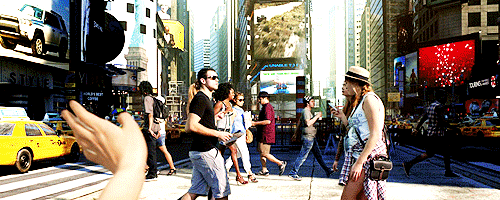The strategic use of market research 4: time as a change process variable
Lucy: So what proof do we have of its existence? Time gives legitimacy to its existence. Time is the only true unit of measure. It gives proof to the existence of matter. Without time, we don’t exist.
Professor Norman: Time is unity.
https://www.moviequotesandmore.com/lucy-quotes/
In the screen movie Lucy by Luc Besson (EuropaCorp, 2014) the main character interpreted by Scarlett Johansson establishes that it is through time we can realize something exists. Time is the most important variable of the human experience, it is the fundamental reference with which we give meaning to things. The experience of the consumer, of an employee, of a business man, the housewife, the professional athlete, a young millennial or the general business executive in a big city interested in acquiring the last version of the new smartphone are not so different to what happens to business and brands of any type… they all measure their experiences in relation to time… Time is the only element that allows us to see if something has changed, if it became better or worst. If we understand this, the question is: why are we not considering time as a fundamental variable in market research?





